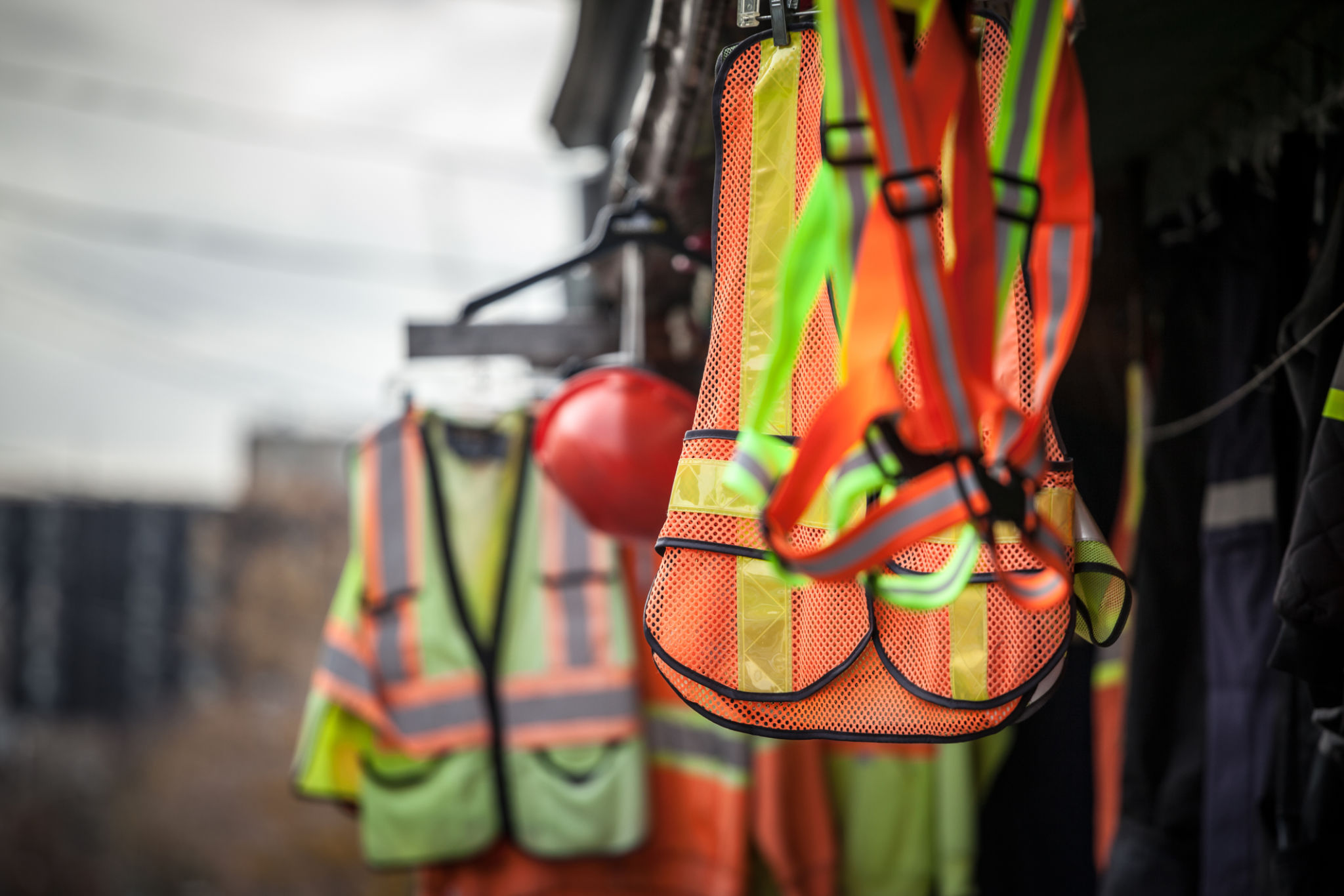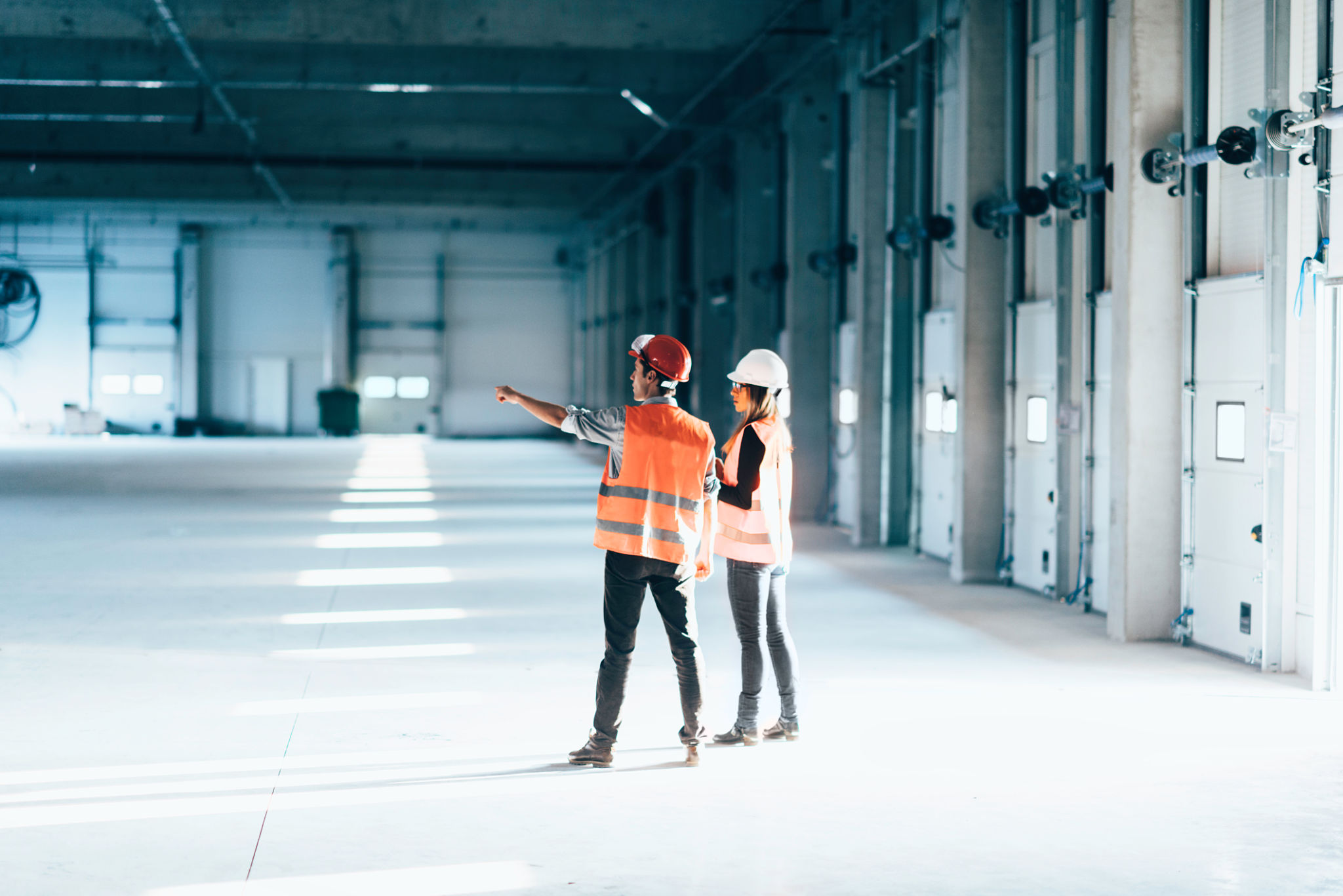Understanding Local Building Regulations in Buncombe County: A Homeowner’s Guide
Understanding Local Building Regulations
As a homeowner in Buncombe County, navigating the intricate web of local building regulations can be daunting. Understanding these rules is essential not only for compliance but also to ensure the safety and longevity of your property. This guide aims to provide clarity on the key aspects of building regulations that homeowners need to be aware of.

The Importance of Permits
Before embarking on any construction or renovation project, securing the appropriate permits is crucial. Building permits serve as a legal requirement that ensures your project complies with local building codes, zoning laws, and safety standards. Failing to acquire these permits can result in fines, project delays, or even the need to dismantle unauthorized work.
In Buncombe County, permits are typically required for structural changes, electrical work, plumbing, and significant renovations. However, minor repairs and cosmetic updates might not require a permit. It’s always wise to consult with the local building department to determine your specific needs.
Key Building Codes
Building codes are designed to ensure that all constructions meet minimum safety and health standards. In Buncombe County, these codes cover various aspects such as structural integrity, fire safety, electrical systems, and plumbing. Adhering to these codes is not just a legal obligation but a critical factor in ensuring the safety of your home.
For homeowners planning new constructions or major renovations, understanding these codes can help in making informed decisions about materials, design, and construction practices.

Zoning Laws Explained
Zoning laws dictate how land within certain areas can be used. In Buncombe County, these laws regulate whether a property can be used for residential, commercial, industrial, or mixed-use purposes. They also determine the types of buildings that can be constructed in specific areas and dictate building height, density, and setback requirements.
Before purchasing property or starting a new project, it's vital to review the zoning regulations applicable to your area. This ensures that your plans align with the permitted uses of the land.
Inspection Process
Once construction begins, inspections are a critical component of the building process. Inspectors from the local building department will visit your site at various stages of construction to ensure compliance with permits and codes. These inspections help identify potential issues early on, allowing for timely corrections and ensuring the project's success.

Resources and Assistance
If you find yourself overwhelmed by the complexities of local building regulations, Buncombe County offers resources to assist homeowners. The local building department provides guidance on permit applications, code interpretations, and other regulatory inquiries. Additionally, hiring a knowledgeable contractor familiar with local regulations can be immensely beneficial.
For further assistance, consider attending workshops or seminars on local building practices. Staying informed will not only streamline your project but also contribute to the overall quality and safety of your home.
Conclusion
Understanding and adhering to local building regulations in Buncombe County is a vital part of successful homeownership and property development. By securing necessary permits, complying with building codes, and respecting zoning laws, homeowners can ensure their projects are safe, legal, and efficient. With the right knowledge and resources, navigating these regulations can become a manageable part of your home improvement journey.
